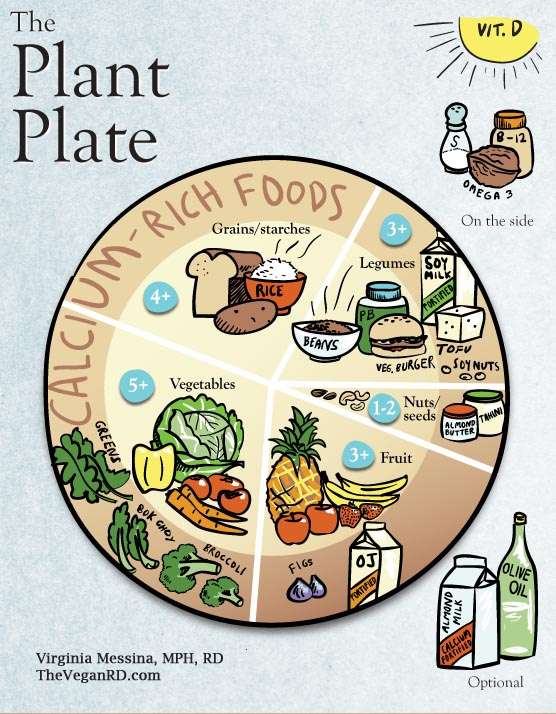People sometimes express concern about whether or not a vegan diet is healthy. It has now been studied over many decades and the consensus is overwhelming: a vegan diet can not only be healthful for most people, but can also reduce the risk of some of the most dreaded diseases such as cardiovascular disease and cancer.
In 2009, the American Dietetic Association, now the Academy of Nutrition and Dietetics, issued a position paper on vegetarian diets stating that
It is the position of the American Dietetic Association that appropriately planned vegetarian diets, including total vegetarian or vegan diets, are healthful, nutritionally adequate, and may provide health benefits in the prevention and treatment of certain diseases. Well-planned vegetarian diets are appropriate for individuals during all stages of the life cycle, including pregnancy, lactation, infancy, childhood, and adolescence, and for athletes.
Kaiser Permanente, the largest HMO in the United States, is now recommending that people follow a plant-based diet.
The United States Department of Agriculture (USDA) has guidelines for vegan diets on p. 82 of their Dietary Guidelines for Americans. They also have an extensive list of nutrition resources.
Other organizations from around the world have affirmed that vegan diets are healthy:
The British National Health Service
The British Nutrition Foundation
The Dietitians Association of Australia
The National Health and Medical Research Council in Australia
What about all the claims you hear about the unnaturalness of vegan diets, deficiencies in vegan diets, and the lack of “wholesome cholesterol”?
It seems strange to call a vegan diet unnatural and a diet based on factory-farmed animals natural. More importantly, just because something is natural does not mean it is ethical or optimal for health. Humans are omnivores, which means that we can eat animal products, but we don’t have to. So with all the evidence about the healthfulness of vegan diets, why harm nonhuman animals when we don’t have to?
Vegans are vulnerable to deficiencies in vitamins B12 and D, omega-3 fatty acids, and calcium. But they have higher levels of vitamin B1, folate, vitamins C and E, and magnesium. Vegans need to supplement B12 because there is no reliable source in their diet. But B12 and D deficiencies are common in everyone, not just vegans, and doctors recommend supplementation for older people with all diets because our ability to assimilate vitamins weakens as we age.
Everyone needs to eat a well-planned diet. A well-planned vegan diet includes legumes (beans, lentils, peas, and peanuts), vegetables, fruit, whole grains, seeds, and nuts.
What about the claims floating around that we need plenty of “wholesome cholesterol” and saturated fat to be healthy? These have been debunked, but they aren’t entirely based on wishful thinking. Because of individual variations in cholesterol levels, observational studies do not show a correlation between diets high in saturated fat and cholesterol and heart disease. The biggest, most carefully produced meta-analysis in the world will fail to show a correlation from observational studies. Dietary change studies are needed to provide the evidence. Another major problem is related to the sick population concept – if everyone is already at high risk, small changes will make little difference. Studies that purport to show that lower cholesterol levels don’t reduce these risks are flawed because the amount of cholesterol is too high in both the high cholesterol group and the “low” cholesterol group.
Ready to go vegan but not sure where to start? Try Going Vegan: Where to Start
Try some easy recipes.
Want something fancier? Try Vegan Dad’s blog , or try some recipes from the Shannons, who veganized the Betty Crocker Cookbook.
To learn more about veganism, which is more than a diet, see What is veganism?
The post Is a vegan diet healthy? appeared first on veganism.com.
